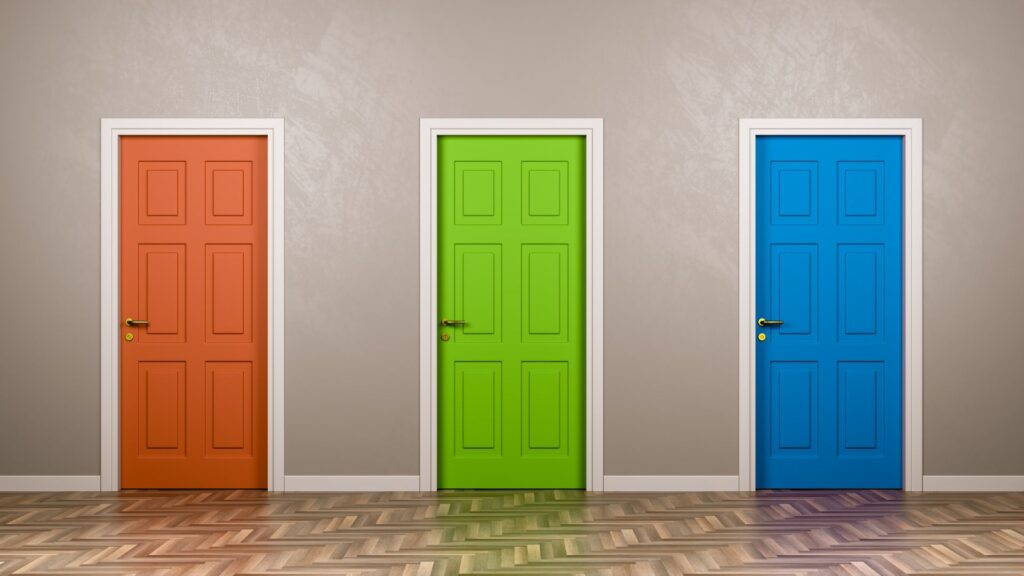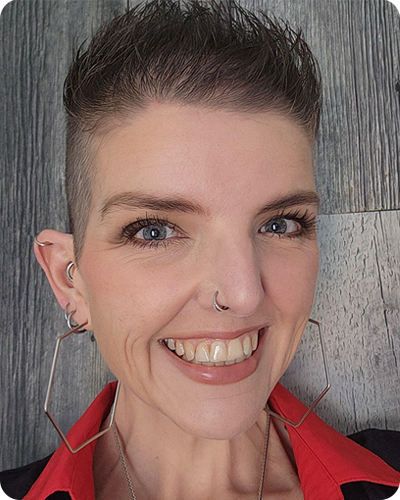Estimated reading time: 5 minutes
It’s been a while since I’ve dated (my wife and I celebrated 16 years of marriage in August), but I still remember the horrors – and yes, it was online even back then. Search through dozens upon dozens (hundreds?) of profiles to try to find one that looks like it might match what you want, then message to see if they match you too…then the actual date to see if you ACTUALLY match each other – it was exhausting. And you have to be picky – this is a life partner we are talking about here, not just a date for a party. I was super lucky to find my princess after kissing a lot of frogs.
Trying to find a therapist is a lot like dating but let me introduce a new variable – trying to find a therapist – or mental health services at all – as a 2SLGBTQIA+ person. It thins out the dating pool a little bit. But unlike online dating, where there are specialty apps for that, it is a bit more of an odyssey finding mental health services specifically catering to the 2SLGBTQIA+ population.
If I want to talk about my lived experience as a queer person, and I want a therapist or service provider who inherently understands that lived experience without me having to educate them, I am going to need to find a service provider who is a member of the queer community. That means I am going to have to do some leg work. It is hard enough finding a therapist who is taking clients and whose therapeutic style you vibe with without also having to find one who is a member of the queer community, especially when you can’t exactly swipe left on therapists in a queer-only app these days.
I was lucky that when I was coming out, I was living in a huge metropolitan city with some mental health services specifically for young 2SLGBTQIA+ people. I was able to work through the trauma associated with my coming out with a therapist who understood what it was to be queer and had themselves come out. I didn’t have to explain the nuances of my experience or stop to explain the history of my community’s struggles, the historical significance of Pride, or the reasons that I would or would not want to disclose my sexuality to family or friends; these things were known and understood. I felt seen and heard in those sessions in a way that I do not think I would have been seen and heard by a therapist who was not part of the community.
We need more services that are made for and by the 2SLGBTQIA+ community that are safe spaces for not only 2SLGBTQIA+ youth but all members of the queer community to obtain mental health services that are specific to our needs as a marginalized community.
I do not always have therapeutic needs that require a 2SLGBTQIA+ therapist – I am currently working through stressors related to work and coping style and things that do not require my therapist to have a deep understanding of my 2SLGBTQIA+ culture. He is not a member of that community – and it was easier to find him because of that – but it does not hinder my current therapeutic goals. That’s the thing – a therapist isn’t a life partner but a service provider, and so it depends on the service a person needs and whether they need care that is culturally competent based on their intersectional identities. Sometimes you do if the issues that need to be addressed are related to those identities, and sometimes, you don’t.
It is not easy for a 2SLGBTQIA+ person to find a queer-identifying mental health service provider that ticks all of their boxes, and often, we have to settle for what we can find. Resources exist to help (www.psychologytoday.com is a popular one with a 2SLGBTQIA+ filter), but like the dating scene, it can be a jungle out there to find someone with everything you want and need. A lot like the dating scene, if you are trying to find a new service provider, do try to “play the field” a little bit and set up consultations with a few promising candidates to see if you like their style and, as I say, “vibe” with them – because it’s one thing if they understand where you’re coming from as a 2SLGBTQIA+ person, but if they don’t get you as you then the therapeutic relationship isn’t going to work.
Once you have identified your best fit, give them a bit of a chance and let the relationship flourish – but don’t be afraid to ask for a referral to a colleague if it’s not working out after a number of sessions. Your new service provider should be able to refer you to another queer colleague who might be a better fit in terms of the areas you have identified with your therapist so that you won’t be back to square one – and no good therapist will be offended if the relationship isn’t working out. It happens all the time (and they feel it too). And if you have a therapist or service provider (doctor, nurse practitioner, social worker etc.) who is currently not meeting your needs for cultural competency (i.e., they are not part of the 2SLGBTQIA+ community) don’t be shy to ask them for a referral to a queer colleague – you might be surprised to find that they have someone in mind or can help you find someone through their networks.
Bottom line – trying to find a culturally competent 2SLGBTQIA+ mental health service provider is not an easy task, but it is one that is often necessary for members of the queer community seeking services. If that is you, don’t despair. There are resources that can help you find a therapist or service provider who will understand where you are coming from. It may be difficult to find a perfect match, but unlike the dating scene, this isn’t a life partner we are talking about here – you don’t have to marry them!






